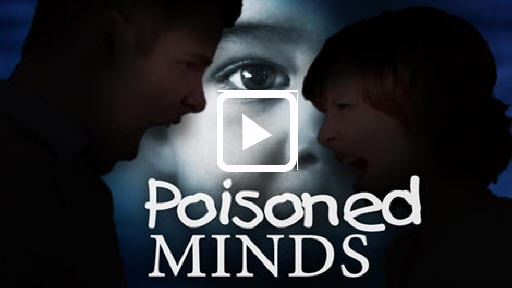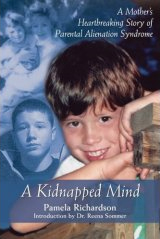![]()
FAMILY LAW
Parental alienation cases draining court resources
Study says such cases should be moved out of court system, handled by individual judges
The Globe and Mail, by KIRK MAKIN, JUSTICE REPORTER, May 13, 2009
An escalation in parental alienation allegations is draining valuable courtroom resources, a major study of 145 alienation cases between 1989-2008 concludes.
"Access problems and alienation cases - especially those which are more severe - take up a disproportionate amount of judicial time and energy," said the study, conducted by Queen's University law professor Nicholas Bala, a respected family law expert.
"One can ask whether the courts should even be trying to deal with these very challenging cases."
In an interview yesterday, Prof. Bala said that parental alienation cases should be streamlined out of the court system as rapidly as possible and given to individual judges to "case-manage," a system in which a single judge handles a case all the way through the courts.
He said this would allow the judges to learn their cases' nuances and press for resolution.
"The increase in court cases is dramatic, and they do take up a lot of court time," he said. "A family may appear in front of 10 different judges before they get to a trial, and each judge starts afresh. If you are dealing with people who are manipulative, they can drag it out."
"It is important for the justice system to take an early and firm response to alienation cases," his study concluded.
"Alienation cases can change over time from mild to more severe. Early intervention is more likely to be successful."
The study also urged the justice system to enforce access orders more vigorously for the sake of its own credibility.
It said that the relatively lax enforcement of access - an issue that primarily affects fathers - contrasts sharply with zero tolerance policies in domestic abuse cases and enhanced enforcement of child and spousal support orders.
The juxtaposition can convince fathers that the system is biased against them, Prof. Bala said.
"Just as feminists have some very important and valid criticisms of the family justice system, so do fathers' rights advocates," he said.
The study also took issue with the much-publicized concept of Parental Alienation Syndrome, arguing that it is neither a recognized syndrome nor a useful description of what is actually a complicated set of behaviours.
The study said proponents of PAS err in painting all alienation scenarios as negative.
In half of the cases where a judge had declined to make a finding of parental alienation, it said the child was "understandably estranged from the rejected parent due to abuse or poor parenting.
"The 'justifiably estranged' child rejects a parent due to experiences of abuse or neglect, or due to poor parenting that may be the result of drug abuse or mental health issues or a simple lack of warmth as a parent," the study said.
Prof. Bala concluded that the term "parental alienation" and the debate itself have been hijacked by two hopelessly polarized groups, fathers' rights activists and feminists, who each produce a simplistic narrative.
"Men's rights activists are claiming that it is becoming increasingly common for mothers to alienate children from their fathers as a way of seeking revenge for separation, and assert that courts are gender-biased against fathers in dealing with alienation," he said.
"Many feminists dismiss alienation as a claim fabricated by abusive fathers to maintain contact with children who are terrified of them, and control over the lives of their abused former partners."
Prof. Bala said that the notion of parental alienation syndrome, coined in 1987 by U.S. psychiatrist Richard Gardner, is falling steadily into disrepute.
"Although initially influential with mental health professionals and in the courts, Gardner's work was highly controversial," he said in the study.
"It is clear that some children are 'alienated' from their parents, but it does seem not appropriate to refer to this as a 'syndrome.'
Gardner's approach is now generally regarded as overly simplistic and biased against women."








